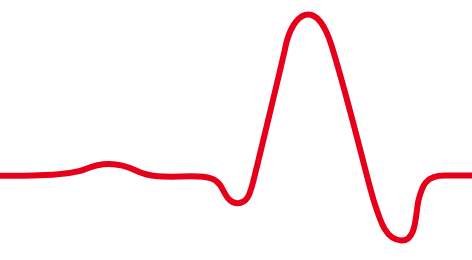Stories from
our field workers
"Maybe we are still young, and we don't have many worries about getting a vaccine. For the elderly, there can be a lot of psychological burden behind it. I think it really needs time to sit down and let them express their concerns." Joyce Ching, a family doctor, went to Sham Shui Po to support MSF's vaccination programme.
In early 2022, when the number of infections and deaths were hitting new highs as the fifth wave of the epidemic broke in Hong Kong, MSF partnered with the Society for Community Organization to provide a free medical consultation and vaccination programme for vulnerable groups and the elderly.
"I have met many elderly people who live alone or as a couple. Many of them feel that they can’t find someone to talk to them about their concerns."
During the epidemic, the elderly are the most vulnerable group but their vaccination rate is low, often because many of their worries haven’t been heard. So rather than the general practice of simply providing vaccinations, this plan is divided into two parts: medical consultation and then vaccination. It first listens to the various doubts that the public might have about vaccination, makes analysis and recommendations for personal health conditions, and then immediate vaccination can be arranged in the same place.
Joyce was one of the doctors who provided medical advice on site.
"There was an older man who had rheumatic disease, but after talking with him, I found out that the reason why he was so afraid of injections was because he lived alone and had no relatives in Hong Kong. Another man was very sick and his children were against him having injections. His hidden concern is that he will fall out with his family after the injections.”
"Our role is to provide a channel for them to express their worries, to listen to their real worries, and to see where there is something that can help him to analyse and understand, and make them feel more at ease."
Joyce is not only involved in the work of MSF in Hong Kong. She joined MSF in 2005 and has been to Ethiopia and Uganda to support the tuberculosis treatment programme. Because of these missions, she has realised that in addition to health considerations, a patient’s decisions can have many social factors behind them.
"In the mission back in Africa, you can spend a lot more time with a patient. Sometimes you not only see the patients, but also chat with their family members. The patient’s character becomes more vivid and you will know a lot of the stories behind them. It will be easier for you to understand why patients will make a particular decision and how family or social factors affect their health."
When Joyce worked in the TB treatment project in Uganda, patients could not interrupt the course of treatment at will because that could create a problem of drug resistance. So, every patient needs to come to the clinic every day and take more than ten pills under the supervision of nurses, with the whole course of treatment lasting for two years. Joyce remembers that there was a patient who had persisted for half a year, but suddenly one day he just disappeared.
"Later, his friend told us that he would not come back. As he was a truck driver, it would take several months for a round trip. This disease has prevented him from earning money for a long time. His two daughters are going to start school. Even though he knew that he might die without treatment, he still wanted to support his family first.”
“It makes me realise that even where we had free treatment, we might not always help the patients. We only see his health needs, but he lives in a developing country and his priority is to earn money. It is more important than his health. "
Back in Hong Kong, Joyce worked hard in different positions and established a non-profit organisation to promote primary healthcare to vulnerable groups.
"When you are young, you always think big and want to do something for the world, but when you grow up, you will understand that changing the world is not so easy. Everyone has different positions and different strengths, as long as you do your best in your positions, it is not necessary to do something great. It may be more important to do small things for the people around you. Just like this vaccine plan, you may be willing to listen to the patient’s worries and help him analyse the situation. For him, it's already a very important thing."

